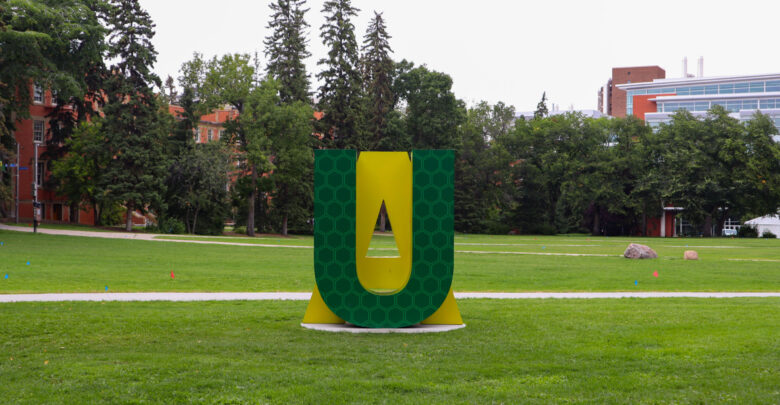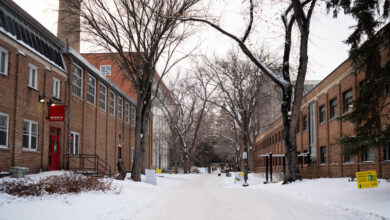U of A among recipients of 100K Strong trilateral grant
The grant will support a trilateral climate-action project between Canada, the United States, and Mexico.
 Leah Hennig
Leah HennigThe University of Alberta has received a grant from the 100,000 Strong in the Americas (100K Strong) North American Competition. This is 100K Strong‘s first trilateral grant competition. The U of A is one of five Canadian post-secondary institutions to receive this grant.
Winning institutions receive $25,000 USD to conduct “climate-focused student and faculty exchanges,” according to the United States (U.S.) Embassy in Ottawa’s press release. The U of A is a participant in the Indigenous Food Systems for Climate Justice Project, along with Kent State University and Universidad Panamericana.
100K Strong’s purpose is “to build people-to-people ties, but also institution-to-institution ties among educational institutions and countries in the Americas,” Calgary’s U.S. Consul General Emily Fleckner said.
The program aims to ensure that future leaders in the Americas “are people who can reach across borders to solve global or regional problems,” according to Fleckner.
“Today’s generation really has to look beyond borders.”
U of A to participate in a trilateral, climate-action student project
Trilateral educational exchanges help address issues that require international co-operation, such as global health and climate concerns, Fleckner said.
“You’ve got to have those people-to-people and institution-to-institution ties in order to come up with large-scale solutions,” she said.
Referring to the Indigenous Food Systems for Climate Justice Project, Fleckner said “it’s a fabulous project, and we’re really proud of the U of A for coming through on it.”
Mary Beckie, a professor in the School of Public Health, is the U of A lead for the project. Beckie’s academic work largely focuses on localized food systems and agriculture.
“I became interested in Indigenous food initiatives because of their growing efforts to reclaim traditional food systems and build Indigenous food sovereignty based on traditional foods.”
The one-year project will compare Indigenous farming practices in Mexico and Canada. The project seeks to view “Indigenous farmers’ food sovereignty initiatives through a climate justice lens,” Beckie said.
Graduate students involved will observe and participate in Indigenous food initiatives. They will conduct hands-on research, interviewing Indigenous communities about their food systems and responses to climatic change. The research conducted will inform information reports and presentations for the communities involved.
Additionally, the U of A team will write an academic article based on the research conducted, Beckie said.
Site visits will take place in Mexico City in March 2025 and a currently undetermined location in the Canadian prairies in June 2025.
“It’s definitely an opportunity for cross-cultural learning,” Beckie said. “Taking part in this kind of international collaborative research is a great opportunity for students.”




